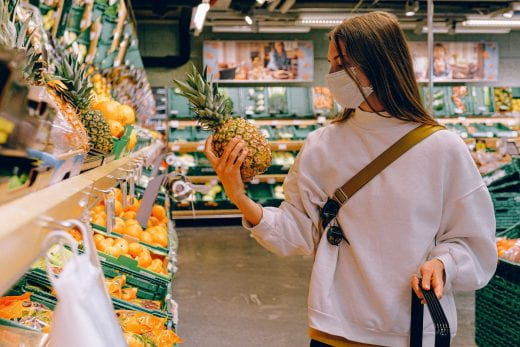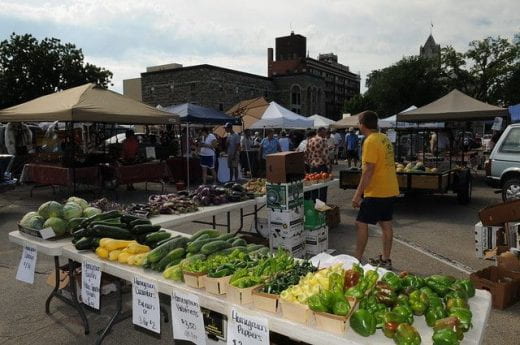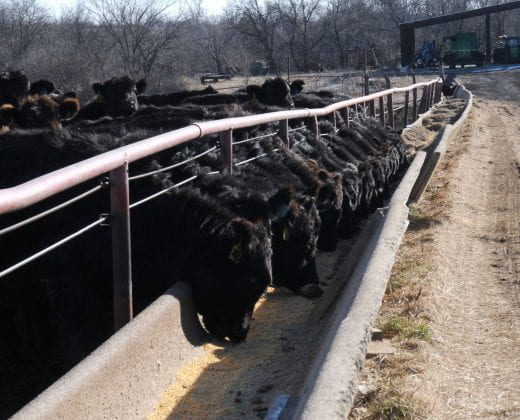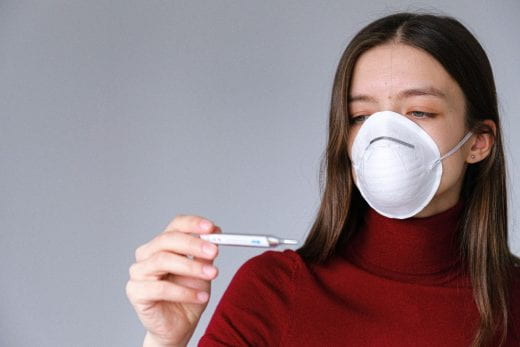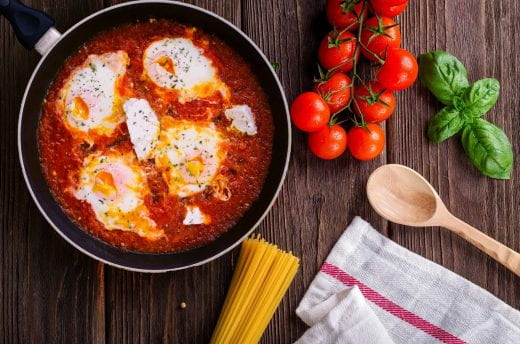Welcome to this week’s Better Kansas, where I touch on resources for caregivers, cooking basics, parenting during the coronavirus pandemic, Cheyenne Bottoms (and community vitality resources), the Women Managing the Farm conference, and beef herd management. That’s quite a wide range of topics! This is a small glimpse of what K-State Research and Extension across the state has to offer. Feel free to share on social media and subscribe! – Mary Lou Peter mlpeter@ksu.edu
Better Living, Better Communities
AN ESTIMATED 65.7 MILLION AMERICANS ARE FAMILY CAREGIVERS FOR AN ILL OR DISABLED RELATIVE, according to the National Alliance of Caregiving. That’s 29% of the adult population and involves 31% of all U.S. households. And many of those caregivers are also holding down fulltime jobs, working to advance their careers and responsible for their own nuclear family. Stress can run high in the best of circumstances. Throw in a pandemic and its financial, health and social implications and political angst during election season, it’s no wonder that caregivers feel beyond pressured. K-State Research and Extension offers help for caregivers, including programs like Powerful Tools for Caregivers. Check with your local extension office to determine if a similar program is planned in your area. In the meantime, if you’re a caregiver, please take a break; forgive yourself – often; ask for and accept help when offered; and find your best way to relax, whether it’s reading a book, gardening or meditating. Also, check out Dr. Erin Yelland’s work in Adult Development and Aging resources and in the North Central Region Aging Network.
WE ALL KNOW PEOPLE WHO HAVE SUCH AN INNATE SENSE OF FOODS, HERBS, SPICES AND COOKING that they instinctively put meals together without a second thought. I’ve always been envious. I am not one of those people. For those of us who feel like we must follow a recipe to a T, take a look at Cooking Basics: Make a Meal from What’s on Hand. It’s similar to a guide I shared a year or so ago, breaking recipes into protein, vegetable, starch, liquid, sauce and flavor, but this one’s a little more comprehensive, I think. It provides suggestions for stir fry, soup, salad and more. This whole segment also conjures up thoughts of those who have an innate sense of fashion …. you know those people who can put on anything and look FABULOUS. But that’s another topic … another day.
IT’S BEEN AWHILE SINCE I’VE REFERENCED THE GROWING ARRAY OF RESOURCES IN ‘SUDDENLY IN CHARGE,’ an effort begun early last year as part of the K-State Research and Extension response to the coronavirus pandemic. This time, I was drawn to the resources for parents, which include talking to young children and teens about coronavirus. Now that we’re approaching our second year in this pandemic, it might be a good idea to go over the basics again, especially if they’re chafing at the idea of social distancing and not readily seeing friends or family members. Who can blame them?!
Better Farming, Ranching and Gardening
LAST FALL I HAD THE THRILL OF VISITING CHEYENNE BOTTOMS in the heart of Kansas. I’d heard of it and driven by it but was always on my way to somewhere else, so had not actually driven into this incredible gem of nature right here in our own state. Thanks to a patient friend, that’s been remedied. Thousands of birds were stopping by this vast wetland that day … waves and waves of seemingly every kind of bird you can think of, including some surprises. Pelicans in Kansas? This photo was taken that day. Where had they been? Where were they going? I had visions of opening a bed and breakfast or other small business to accommodate the people who visit this site. Those of you with an entrepreneurial spirit might want to listen to Growing Kansas Agritourism, one of the many informative First Friday e-Call webinars offered to support businesses and community vitality across the state.
THE ‘WOMEN MANAGING THE FARM CONFERENCE’ set for Feb. 10-12 is going virtual this year. The conference offers a supportive setting where women can develop the skills, resources and knowledge needed for success in a competitive agricultural environment. Several keynote speakers are slated, plus breakout sessions on machinery and maintenance, fence building, fence law, estate planning, farm finances and more. New this year is a resource library to support attendees in maintaining a healthy and sustainable home and business life. I attended this conference a couple of years ago and met a woman from out of state who owned farmland in Kansas. She’d come back to check on the farm, which she was leasing to someone else, and to learn more about farm management at the conference. Take a look at the agenda and register at http://womenmanagingthefarm.com/.
THE JANUARY ‘BEEF TIPS’ NEWSLETTER IS OUT, and features information about K-State’s Winter Ranch Management Seminar series, heifer development program considerations, balanced nutrition and calving, recordkeeping and financial decisions (Tally Time), and sampling grain for mycotoxins – those naturally occurring toxins produced by certain molds that can be found in food or feed. Some of those mycotoxins can cause illness and death in humans and animals. Take a look.
 FARMERS HAVE ABOUT TWO MONTHS to make some important crop insurance decisions. The 2018 Farm Bill now allows producers to make an annual election for Agriculture Risk Coverage (ARC) and Price Loss Coverage (PLC). The deadline to change your election with the Farm Service Agency from previous year’s selections is March 15, 2021 which will be the program elected for the crop harvested in 2021 (Marketing Year 2021/2022). The Agricultural Economics Department at K-State has again published the popular “Trade-off” spreadsheet to assist producers in making this election.
FARMERS HAVE ABOUT TWO MONTHS to make some important crop insurance decisions. The 2018 Farm Bill now allows producers to make an annual election for Agriculture Risk Coverage (ARC) and Price Loss Coverage (PLC). The deadline to change your election with the Farm Service Agency from previous year’s selections is March 15, 2021 which will be the program elected for the crop harvested in 2021 (Marketing Year 2021/2022). The Agricultural Economics Department at K-State has again published the popular “Trade-off” spreadsheet to assist producers in making this election.
_
For more resources and activities, contact the K-State Research and Extension office in your area. Check out our other blogs and subscribe to our weekly emails here: https://www.ksre.k-state.edu/news/blogs/







